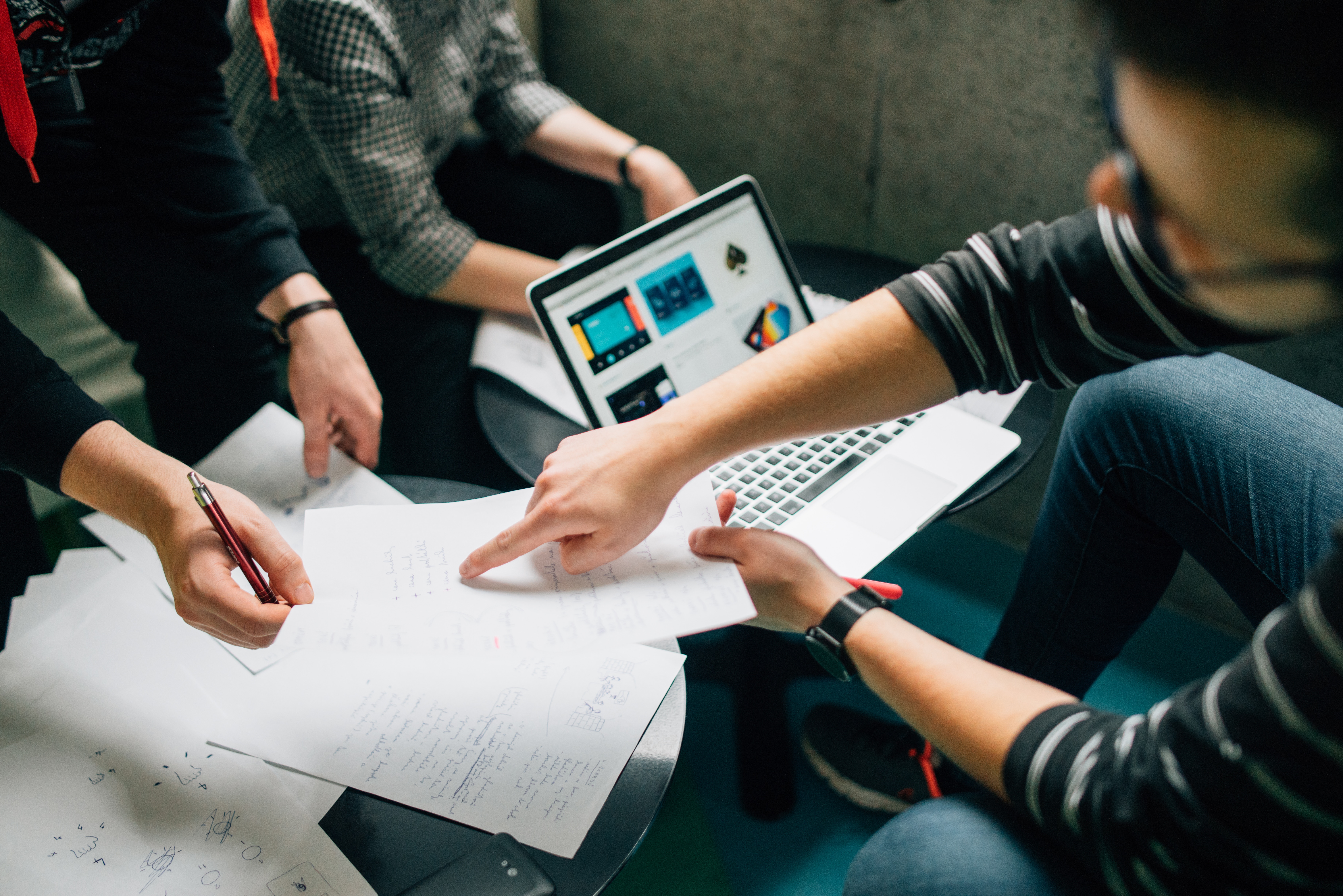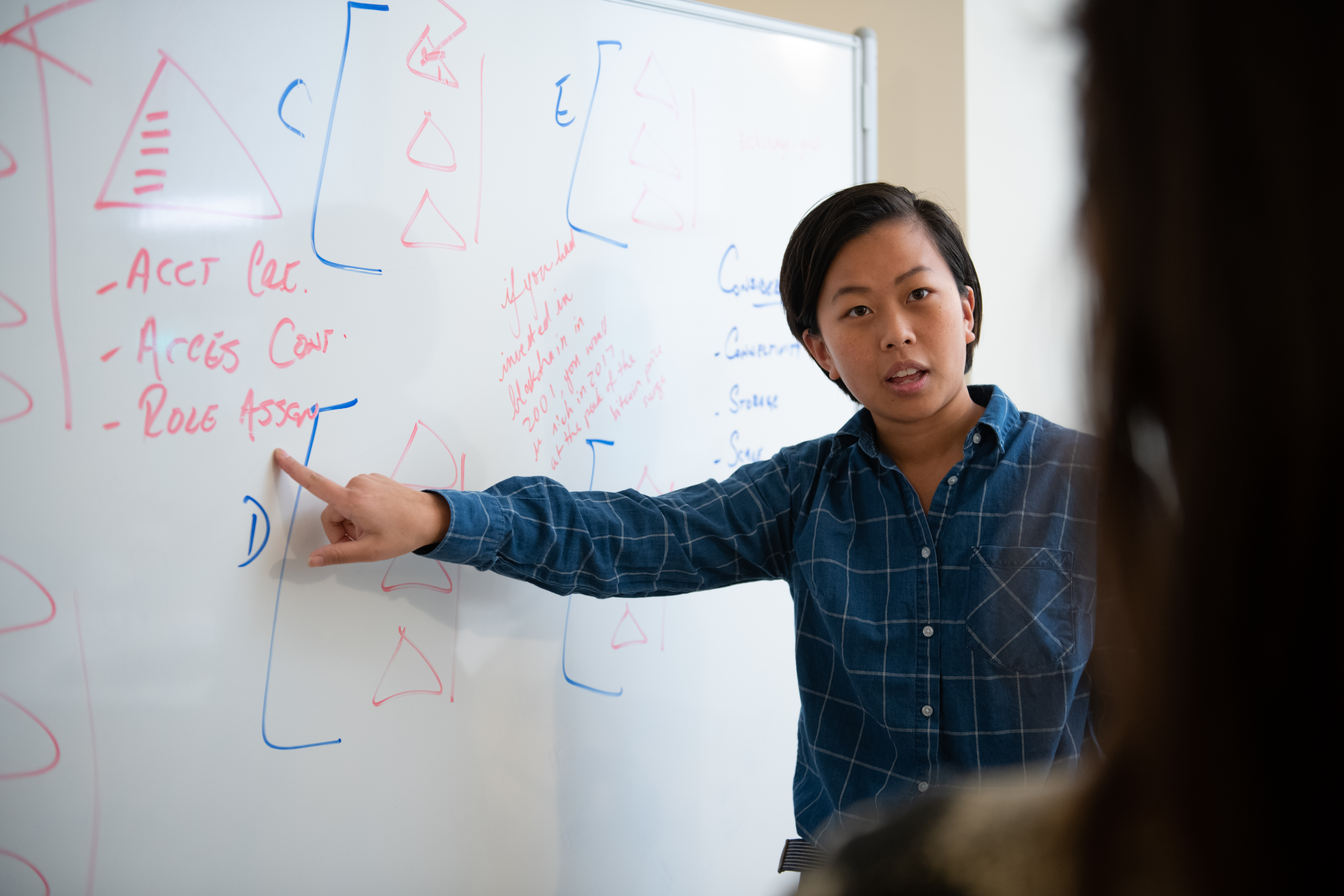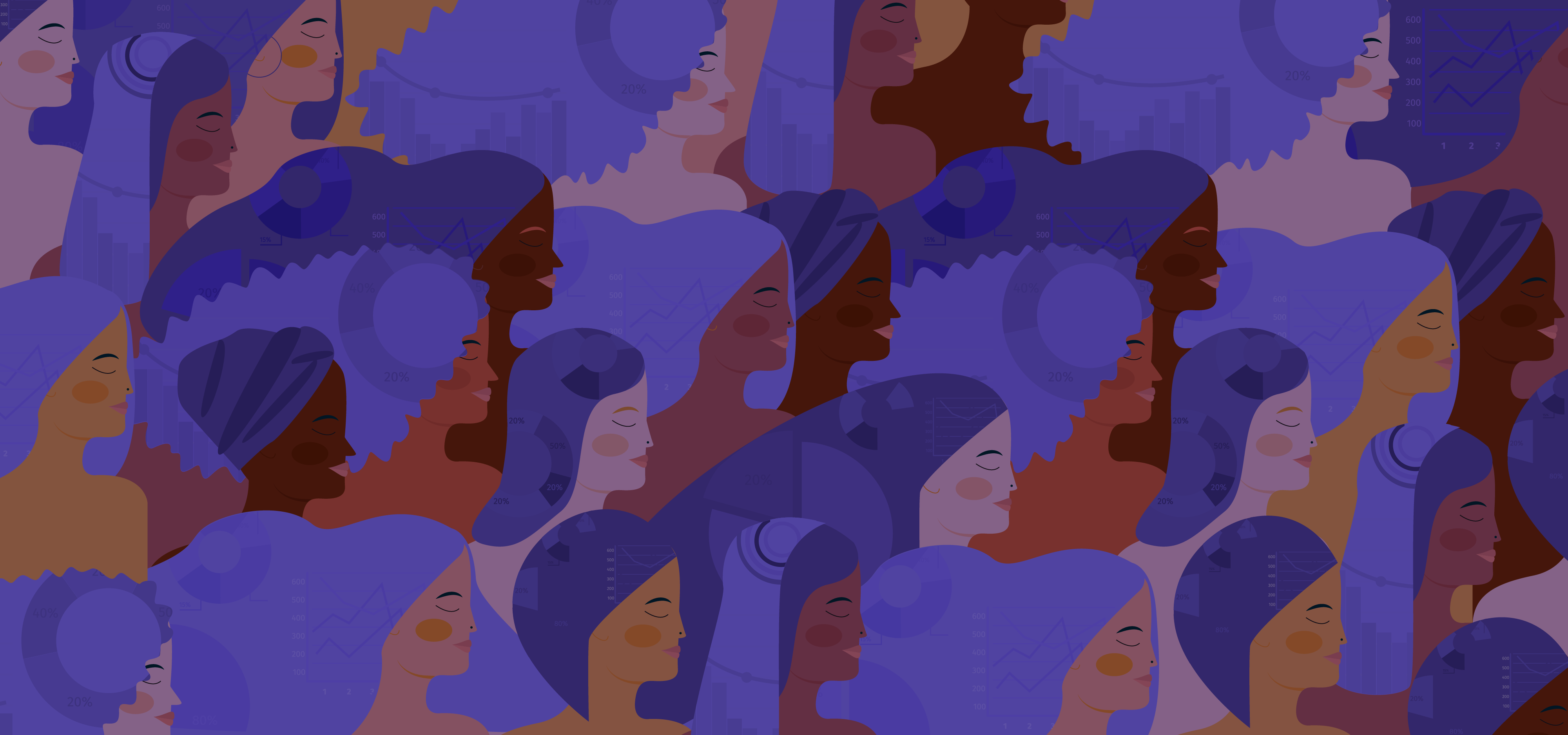Maybe you’ve heard of it, maybe you haven’t, but blockchain is the most disruptive technology in decades.
So, what is “the blockchain”?
Source: http://dilbert.com/strip/1995-11-17
At its most basic level, blockchain is a decentralized distributed ledger technology (DLT) or store of information. The key difference between blockchain and other databases is that the data on a blockchain is stored on many different computers across a network, which are called nodes. All of these nodes update when a new piece of information is added to the database. This makes it extremely difficult to change or alter such information and is especially useful for storing data like financial transaction history.
Check out this short video from Axios & JP Morgan featuring TechChange Founder & CEO Nick Martin explaining the potential of using blockchain in humanitarian efforts.
So, why is this valuable? In our last Blockchain for International Development course, Ric Shreves from Mercy Corps shared different practical use cases of blockchain (and DLTs more broadly):
- Tamper proof record: The system, aided by the use of cryptography, creates a chronological chain of transactional data that is extremely difficult to defraud.
- Immutable and transparent: All transactions can be public, traceable, and permanent.
- Removal of intermediaries: A DLT can remove the need for a third party actor, allowing participants in the network to transact directly.
From a humanitarian aid and international development perspective, blockchain can democratize the entire trust process between various donors, organizations, implementers, and beneficiaries. This increased transparency and openness reduces transactional friction. Since the ledger is owned and maintained by its users there is no need for a third party actor.
“To the extent that international NGOs function as guarantors of trust – trust that the funds donated will be used for an appropriate purpose, trust that the aid has been given to the right beneficiaries, trust that the development work that was contracted for was done on time and as specified – then NGOs too are poised for disruption.”
– A Revolution in Trust, Ric Shreves (Mercy Corps)
Still not sure what “the blockchain” is? You’re not alone. In our last cohort, we asked participants to describe their experience with blockchain… here’s how they answered:
Whether you’re just learning about DLTs for a particular project or if you consider yourself a blockchain wiz, there’s still something to learn for everyone in this ever-changing space. Our Blockchain for International Development course is a great way to build your knowledge on this disruptive technology and build your network! With 10+ guest expert sessions, 15+ hands-on activities, and 200+ online participants, there’s something for everyone to gain.
Click here to enroll today! Class starts on Monday, September 10.






